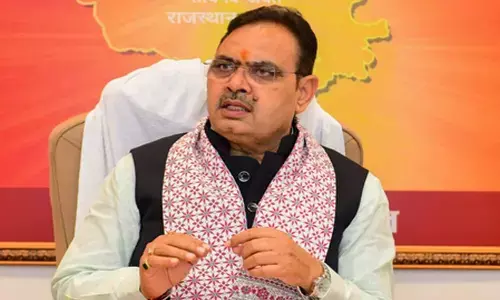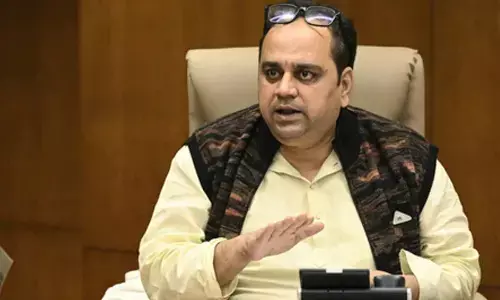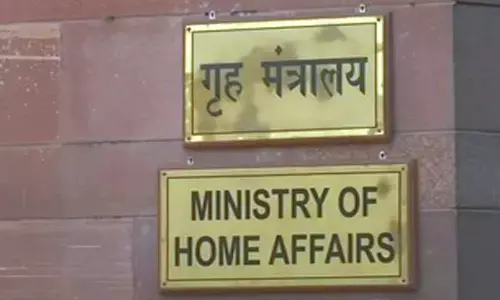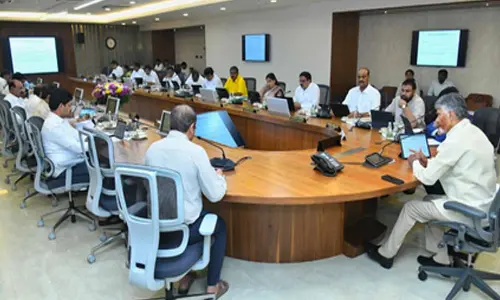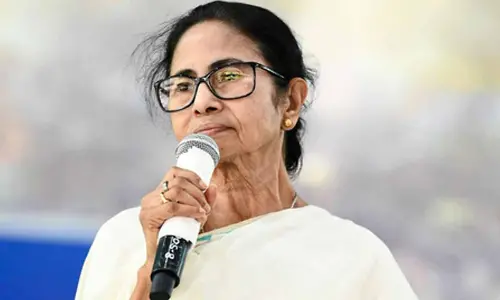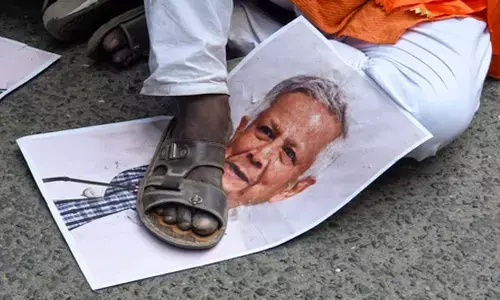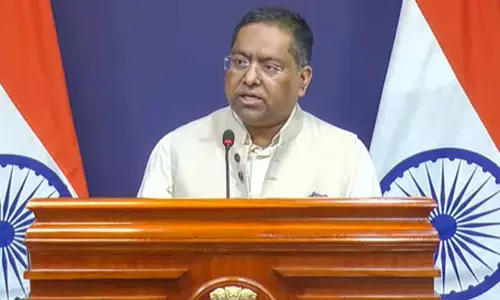Hope and caution
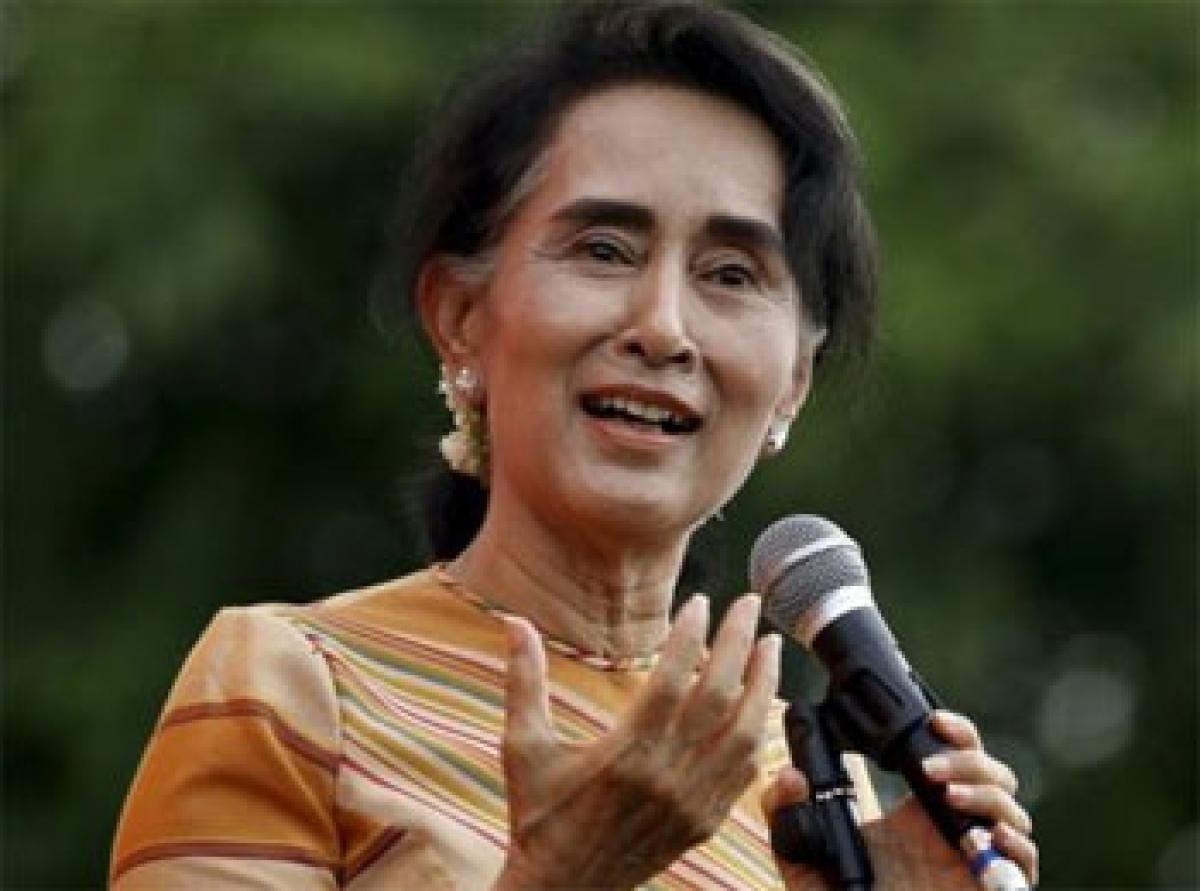
The opposition National League for Democracy (NLD) led by legendary leader Aung San Suu Kyi has swept the historic elections in Myanmar. Given the turbulent history of the country’s polity, this election and its momentous verdict in favour of the movement for democracy is a happy augury, of course, with certain caveats.
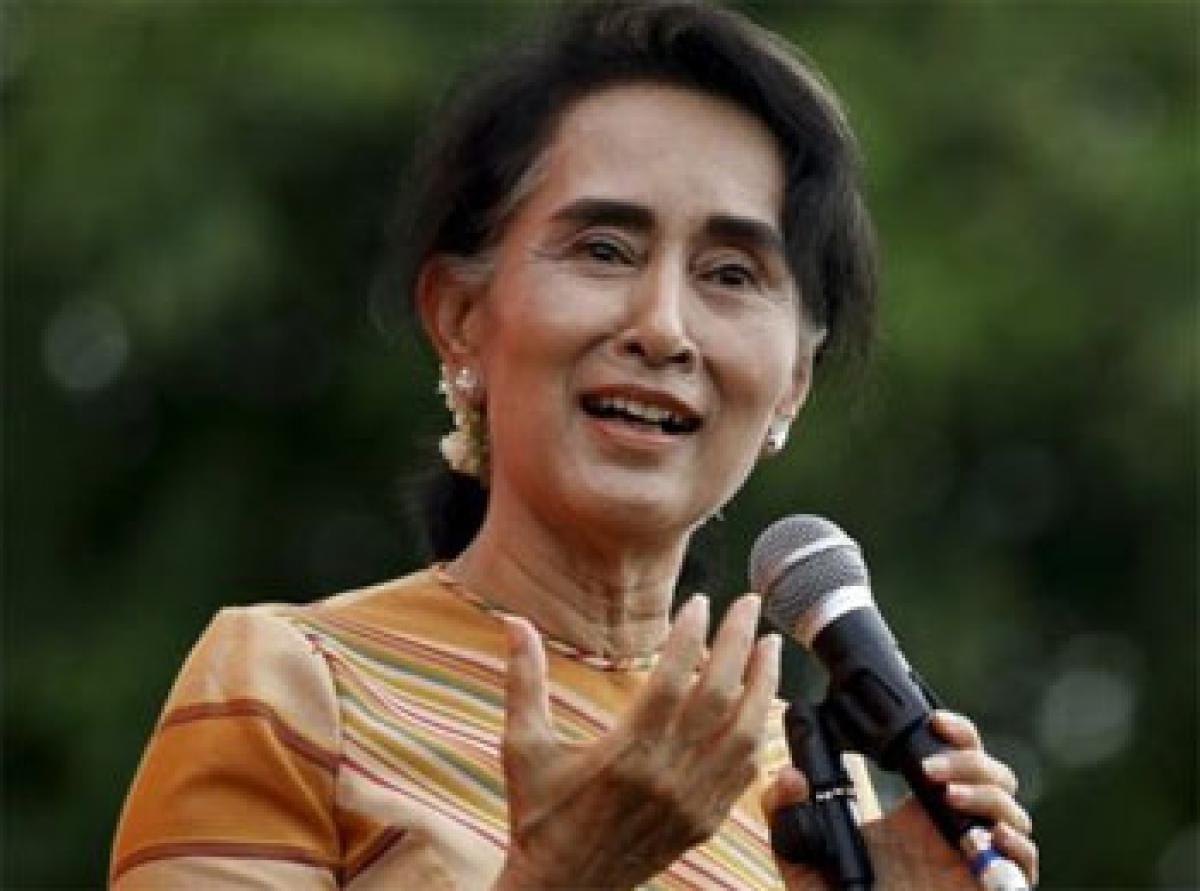 The opposition National League for Democracy (NLD) led by legendary leader Aung San Suu Kyi has swept the historic elections in Myanmar. Given the turbulent history of the country’s polity, this election and its momentous verdict in favour of the movement for democracy is a happy augury, of course, with certain caveats.
The opposition National League for Democracy (NLD) led by legendary leader Aung San Suu Kyi has swept the historic elections in Myanmar. Given the turbulent history of the country’s polity, this election and its momentous verdict in favour of the movement for democracy is a happy augury, of course, with certain caveats.
The military junta ruled the country for five decades. A military-sponsored quasi–civilian dispensation has been running the government since 2011. Unlike in 1990s, the ruling regime now promised a smooth transition of power. On her part, Suu Kyi has called for a national reconciliation through a dialogue with army and the government backed by it. These developments certainly raise fresh hopes for a democratic Myanmar.
Hundreds died and thousands were jailed in the decades of military crackdown on the movement for democracy. The country has been facing ethnic strife and religious extremism, too. Despite being a resource-rich land, the nation’s economy passed through turbulent times.
A peaceful transition is, therefore, vital for social, political and economic stability of our strategic neighbour. India has lot of stakes in this region. Myanmar has abundant hydro carbon reserves. Besides, the stability of prosperity of India’s North East greatly depends on Myanmar as it is the gateway to South East Asia.
In fact, Suu Kyi won the 1990 elections by a landslide margin. But, army refused to transfer power. Even now, army hatched a constitutional conspiracy to prevent Suu Kyi from holding a constitutional office. The Army-sponsored 2008 Constitution bars anyone with foreign children/husband from holding the presidency. Suu Kyi’s sons are British citizens like her late husband. Therefore, this constitutional provision was primarily aimed at ensuring that this charismatic leader cannot hold power directly despite people’s overwhelming mandate.
The present Constitution that facilitated this election has provisions even to undermine the people’s mandate. The army will have 25 per cent of parliamentary seats uncontested. However, the NLD and its leader seems to have reconciled to the fact that democracy would be delivered in installments only.
This is evident from her efforts to reach out to military and its civilian allies immediately after the announcement of results. This makes us hopeful of Myanmar’s peaceful transition to democracy, though military stranglehold on polity may continue for sometime. However, the abysmal performance of Union Solidarity and Development Party (USDP), the political mukhauta of military junta, is a welcome feature.
Myanmar faces a serious ethnic challenge, too. The Rohingya Muslims face persistent attacks. This persecuted minority in Myanmar has been a victim of ethnic violence, economic disempowerment and disenfranchisement.
Myanmar urgently needs not just a political reconciliation with the military but even social rapprochement among religious and ethnic groups. The rise of Buddhist extremist tendencies is also causing ethnic violence in Myanmar as in Sri Lanka.
Myanmar still suffers from the ill-effects of the British colonial policy of divide and rule. Unlike in Nepal, the Indian foreign policy should enable Myanmar’s tryst with destiny peaceful, reconciliatory and democratic.
Woman injured in stabbing attack in Tokyo, suspect at large
Bengal cop booked for murder over mysterious death of woman home guard, SIT to probe case
Staffer recalls horror of 7-kg gold robbery by armed gang in Karnataka’s Hunsur
25-Year-Old Airline Cabin Crew Member Dies At Gurugram Party; Police Begin Investigation








